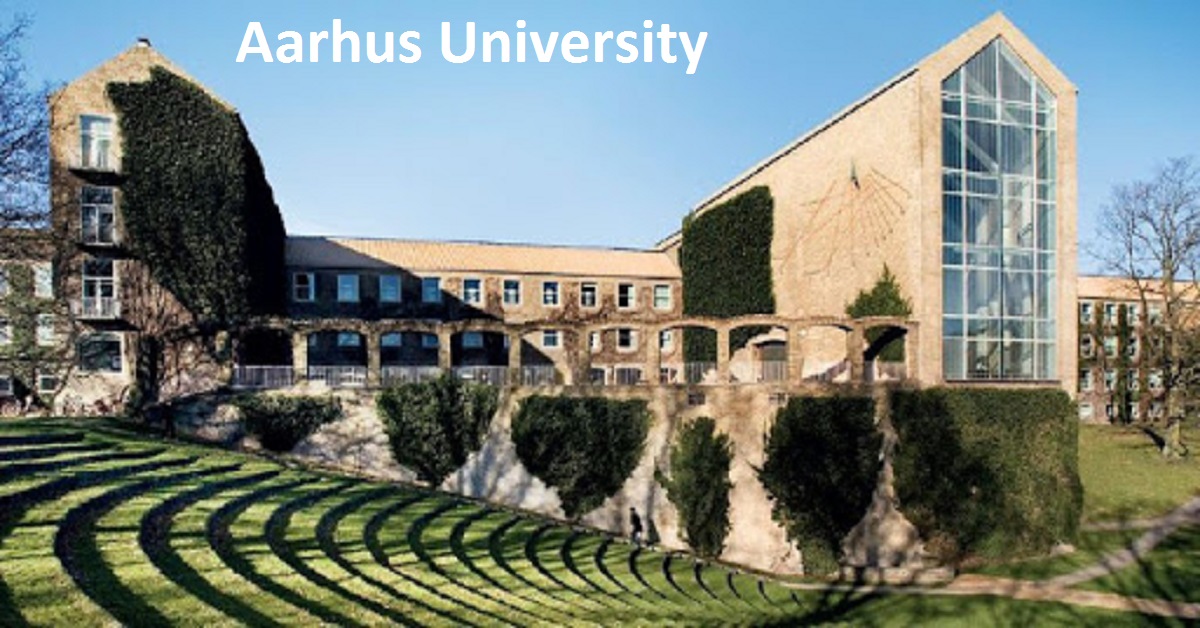Applications are invited for a PhD fellowship/scholarship at Graduate School of Natural Sciences, Aarhus University, Denmark, within the Nanoscience programme. The position is available from August 2022 or later.
The “Andersen Lab for Biomolecular Design” (https://bion.au.dk/) works on design of nano-scale devices using biomolecules as building blocks. Our research aims at understanding the fundamental principles of how biomolecules fold into unique and functional shapes and at using this insight to guide the design of novel nanoscale devices for both basic science and technological applications. Recent work includes development of the RNA origami method (Geary et al., 2014), advanced biosensor devices (Jepsen et al., 2018) and RNA scaffolding of proteins (Geary et al., 2021).
The PhD project aims at exploiting co-transcriptional folding to form kinetically trapped RNA structures, which can be used to make RNA switches that upon binding of a ligand can transition into a functional state. This concept is inspired by naturally occurring riboswitches that regulate transcription and translation and in the current project we will design similar systems based on topological trapping mechanisms.
The PhD project will include design of RNA traps using RNA folding algorithms and characterization by single particle cryo-electron microscopy. RNA devices with fluorescent aptamers will be designed and their response studied by fluorescence spectroscopy. Fluorescent aptamers will later be exchanged for functional motifs such as protein binding sites to be able to achieve conditional functionalities.
This PhD project is part of the larger COFOLD interdisciplinary research project concerned with co-transcriptional folding: https://inano.au.dk/about/research-centers-and-projects/cofold.
For technical reasons, you must upload a project description. When – as here – you apply for a specific project, please simply copy the project description above, and upload it as a PDF in the application. If you wish to, you can indicate an URL where further information can be found. Please note that we reserve the right to remove scientific papers, large reports, theses and the like.
Qualifications and specific competences:
The applicant must hold a Master’s degree in nanoscience, molecular biology, biophysics or related fields, or a Bachelor’s degree and have completed at least 1 year of the Master’s programme.
Candidate are required to have:
- A good theoretical understanding of RNA and protein structure and function
- Experience and/or interest in learning to use biophysical characterization techniques e.g. cryo-electron microscopy and small-angle X-ray scattering
- Familiarity with bioinformatic methods and using research software for molecular analysis and simulation
- Command of common molecular biology techniques e.g. PCR, cloning, in vitro transcription, gel electrophoresis
- The ability to work independently as well as being able to work as part of a research team
- Scripting and/or programming skills can be an advantage but are not required
Place of employment and place of work:
The place of employment is Aarhus University, and the place of work is Interdisciplinary Nanoscience Center (iNANO), Gustav Wieds Vej 14, 8000 Aarhus C, Denmark.
iNANO, Interdisciplinary Nanoscience Center (www.inano.au.dk), was established in 2002 and at present is a major research and education center based at Aarhus University hosting 60 senior scientists, ~100 PostDocs and ~100 PhD students. The center combines expertise and faculty from Physics, Chemistry, Molecular biology and Medicine to carry out world class interdisciplinary research in Nanoscience and Nanotechnology. The center gives access to a broad range of infrastructure, tools and expertise including clean-room facilities. With a 5 year undergraduate nanotechnology programme and nanoscience graduate programme (www.inanoschool.au.dk) the center provides a full educational environment. In addition to the large base of basic research, the center has a large number of ongoing industrial projects and partnerships.
Contacts:
Applicants seeking further information for this project are invited to contact:
- Associate Professor Ebbe Sloth Andersen, e-mail: esa@inano.au.dk
- Associate Professor Victoria Birkedal, e-mail: vicb@inano.au.dk
How to apply:
For information about application requirements and mandatory attachments, please see the Application guide. Please read the Application guide thoroughly before applying and note the GSNS language skills requirement.
When ready to apply, go to https://phd.nat.au.dk/for-applicants/apply-here/ (Note, the online application system opens 1 March 2022)
- Choose May 2022 Call with deadline 1 May 2022 at 23:59 CEST.
- You will be directed to the call and must choose the programme “Nanoscience”.
- When filling in information about the project, please choose: “Development of novel RNA devices based on kinetic trapping (DnRNAd)” in the dropdown menu in the box named “Study”.
Please note:
- The programme committee may request further information or invite the applicant to attend an interview.
Aarhus University’s ambition is to be an attractive and inspiring workplace for all and to foster a culture in which each individual has opportunities to thrive, achieve and develop. We view equality and diversity as assets, and we welcome all applicants. All interested candidates are encouraged to apply, regardless of their personal background.
